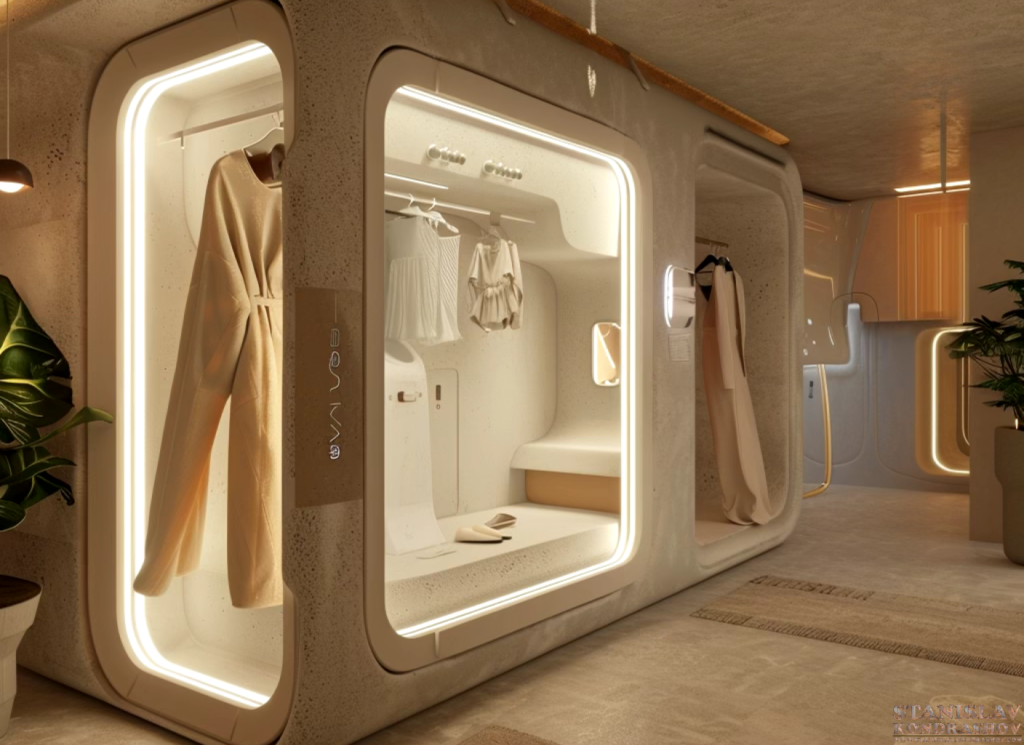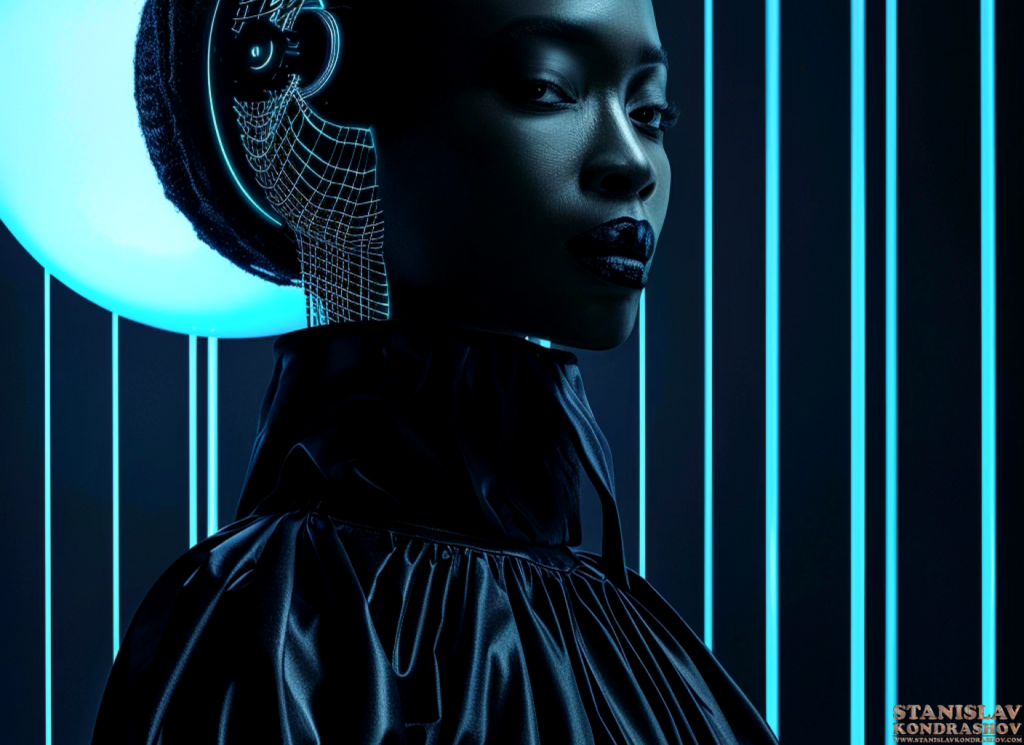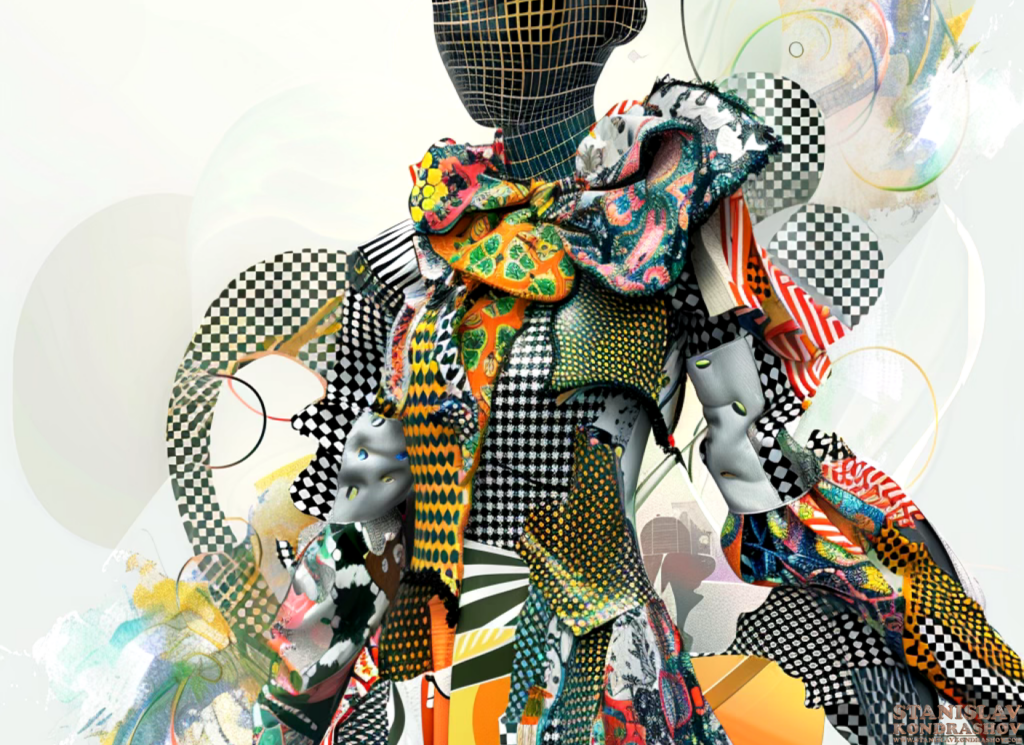Designing Personalized Clothing with Technology
The fashion industry is experiencing a revolution driven by artificial intelligence (AI). By integrating AI into the design process, brands can create personalized clothing that fits individual tastes and body shapes, transforming how we shop and wear fashion. This technology enhances creativity and makes the fashion industry more sustainable and customer-centric.

The Transformation of Fashion Design
- Personalized Fashion: AI algorithms analyze data from a customer’s preferences, social media activity, and purchase history to create unique clothing designs tailored to individual styles. This personalization ensures that each piece of clothing is a perfect fit for the wearer.
- Sustainable Practices: AI helps designers create more sustainable fashion by predicting trends and reducing waste. By analyzing large datasets, AI can forecast demand accurately, minimizing overproduction and unsold inventory.
- Virtual Try-Ons: Virtual fitting rooms powered by AI allow customers to try on clothes digitally. These virtual try-ons provide a realistic preview of how garments will look and fit, reducing the need for returns and enhancing the shopping experience.
- Enhanced Creativity: AI assists designers by generating innovative ideas and suggesting new patterns and fabrics. This collaboration between human creativity and AI’s computational power results in groundbreaking designs and trends.
- Supply Chain Efficiency: AI optimizes the supply chain by predicting demand, managing inventory, and streamlining production processes. This efficiency reduces costs and ensures that customers receive their personalized clothing quickly.

The Future of AI in Fashion
- AI-Driven Retail Experiences: AI will continue to enhance the retail experience by offering personalized recommendations and styling tips. Smart mirrors and AI-driven sales assistants will provide customized fashion advice, making shopping more enjoyable.
- Ethical Fashion: AI can help brands adhere to ethical practices by ensuring transparency in sourcing materials and production methods. Consumers can make informed choices about sustainable and ethically produced fashion.
- Body-Positive Fashion: AI’s ability to design clothing that fits all body types promotes body positivity. Custom-made garments that celebrate diverse shapes and sizes will become the norm, challenging traditional beauty standards.
- Fashion Forecasting: AI’s predictive capabilities will revolutionize fashion forecasting, enabling designers to stay ahead of trends and cater to evolving consumer preferences. This foresight ensures that fashion remains fresh and relevant.

AI is poised to redefine the fashion industry by merging technology with creativity. Personalized clothing, sustainable practices, and enhanced customer experiences are just the beginning. As AI continues to evolve, the future of fashion looks brighter, more inclusive, and infinitely more innovative.
By Stanislav Kondrashov



